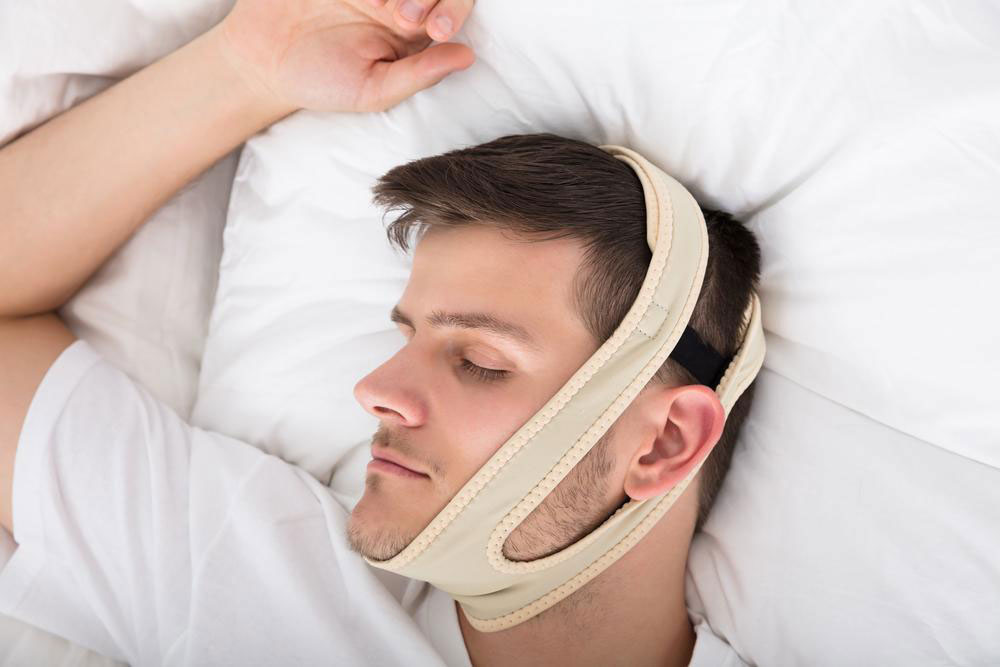Maximizing the Benefits of Melatonin: Timing and Usage for Optimal Sleep Quality
Discover how to optimize melatonin use for better sleep. Learn about its critical role in regulating circadian rhythm, the best timing and dosage for supplements, and healthy sleep practices. This guide helps you improve sleep quality naturally and effectively, reducing sleep disorders and supporting overall health.

Maximizing the Benefits of Melatonin: Timing and Usage for Optimal Sleep Quality
In today's fast-paced world, ensuring restful and restorative sleep has become more challenging than ever. Our bodies operate on a sophisticated internal biological clock, known as the circadian rhythm, which orchestrates various physiological processes, including sleep cycles, hormone regulation, metabolism, and even mood. Understanding how to effectively utilize melatonin, a key hormone involved in sleep regulation, can significantly enhance sleep quality, especially for those experiencing disruptions or sleep disorders. This comprehensive guide explores the optimal timing and usage of melatonin supplements to help you achieve better rest and overall well-being.
The Importance of Quality Sleep: Sleep is not merely a period of rest; it is an essential component of health that supports cognitive function, emotional stability, immune defense, and cellular repair. Adequate sleep fosters a balanced metabolism, maintains healthy skin and hair, and prevents premature aging signs such as fine lines, dark circles, and dull complexion. When sleep is compromised, energy levels plummet, concentration wanes, and overall productivity suffers. Chronic sleep deprivation has been linked to increased risks of cardiovascular diseases, diabetes, and mental health disorders. Therefore, prioritizing quality sleep through scientific and natural means, including appropriate use of melatonin, is vital for maintaining optimal health.
Understanding Sleep Disorders and Their Causes: Sleep problems are widespread, affecting millions worldwide. Conditions such as insomnia, restless leg syndrome, narcolepsy, and circadian rhythm disorders can significantly impair sleep quality. Many sleep disturbances arise from hormonal imbalances caused by lifestyle factors like excessive stress, alcohol consumption, irregular routines, or excessive screen time before bed. For example, stress triggers cortisol production, which can interfere with melatonin synthesis, leading to difficulty in falling asleep or maintaining sleep. Additionally, certain medications, such as beta blockers, antidepressants, or corticosteroids, may suppress melatonin levels or disrupt circadian rhythms. Recognizing these underlying causes is crucial in managing sleep issues effectively.
The Role and Function of Melatonin in Sleep Regulation: Melatonin is a hormone naturally generated by the pineal gland in the brain, primarily during darkness. Its primary function is to signal the body that it is time to sleep, initiating physiological changes that promote drowsiness and restful sleep. Melatonin helps synchronize the circadian rhythm, ensuring that sleep and wakefulness occur at appropriate times. Besides sleep regulation, melatonin influences immune function, antioxidant activity, and anti-inflammatory responses. The production of melatonin peaks at night and diminishes with exposure to light, especially blue light emitted from electronic devices. Disruptions in this cycle can lead to sleep disorders and various health issues.
Using Melatonin Supplements Effectively for Better Sleep: Melatonin supplements are widely used as a natural remedy for sleep disturbances, jet lag, shift work disorder, and circadian rhythm disruptions. However, maximizing their benefits depends greatly on correct timing, dosage, and individual health considerations. For most adults, taking melatonin 30 to 60 minutes before bedtime is optimal to help initiate sleep, especially when adjusting to new time zones or irregular schedules. Dosages typically range from 0.5 mg to 5 mg; starting with the lowest effective dose is advisable to minimize potential side effects. It is crucial to consult with a healthcare professional before starting melatonin supplementation, particularly for individuals with underlying health conditions or those taking other medications.
Best Practices for Melatonin Use and Enhancing Sleep Environment: To maximize the effectiveness of melatonin, combine supplementation with good sleep hygiene. Maintain a regular sleep schedule, avoid screens and bright lights at least an hour before bed, and create a comfortable, dark, and quiet sleeping environment. Incorporating relaxing activities such as reading, meditation, or gentle stretches can aid in winding down. Consistency in sleep routines reinforces the circadian rhythm, making melatonin supplementation more effective. Additionally, understanding individual responses to melatonin is vital, as some people may experience vivid dreams or slight grogginess upon waking. Monitoring these effects and adjusting timing or dosage accordingly can help improve outcomes.
In summary, melatonin is a powerful natural aid that, when used correctly, can significantly enhance sleep quality. Its proper timing and dosage, combined with healthy sleep habits, can restore natural sleep rhythms and improve overall health. Whether you struggle with sleep disorders or need to adapt to a new schedule, understanding how to use melatonin effectively can make a substantial difference in your quality of life.





